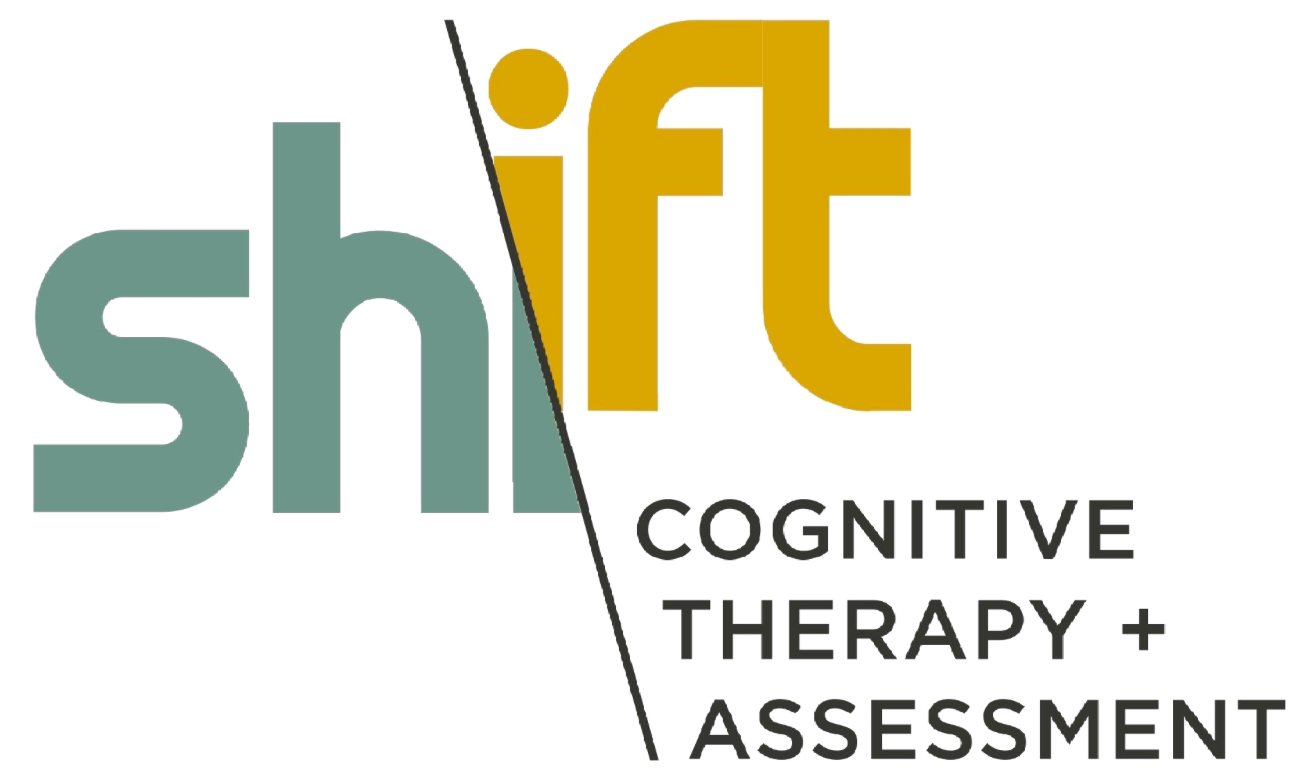Emotion Focused Therapy for Couples

Emotion Focused Therapy for couples is a short-term therapy, usually lasting between 8 and 20 sessions. Research demonstrates that it is effective, with most outcome studies showing more than a 70% rate of recovery from marital distress in 10 – 12 sessions. The reason EFT works so well is that it directly addresses the three questions that we all want the answers to:
- Do I matter to my partner?
- Can I count my partner to be there for me?
- Will my partner answer me when I call?
The answers to these three questions helps us to measure the security of our attachment connection in a relationship. Human beings are social creatures, so our ability to attach with others (that is, to create emotional connections) is one of our deepest and most automatic instincts; it’s a basis of our survival. We need to matter to other people, so we absolutely need safe, emotional, connections.
Using EFT and other models, Shift Cognitive Therapy + Assessment’s Oakville psychologists help provide a sense of safety in couples’ and family sessions, de-escalating conflicts and helping disengaged members to re-engage. There is no blame within our therapies, only efforts to bring partners and family members closer together so they can communicate what they really need from the relationship.
Often, this takes the form of ‘translating’ behaviours. For example, a husband might withdraw from his wife, seeing her angry face and hearing, “You’re never around!” We would work to help both partners appreciate what might be the wife’s true meaning, that is, protesting what she feels is the emotional distance between them, as if to say, “You’re SO important to me, but your distance feels like you don’t need me.” Shift psychologists understand that humans use detachment for emotional protection (e.g., “You can’t hurt me if I don’t allow myself to care.”) and focus on rebuilding damaged connections with the people we love and care about.
The video below, called the “Still Face Experiment: Dr. Edward Tronick” demonstrates a fundamental aspect of being human: the need to bond. The video shows a mother interacting with her happy baby. When the mother (instructed by researchers) shows the baby a still face—one that looks at the baby but shows no signs of really ‘seeing’ her—the baby quickly becomes distressed and tries everything she can to regain the connection with her mother. When allowed to interact again, the mother soothes the child, almost instantly, with a broad smile and the reassurance, “I’m here.”
Emotional separation triggers panic in mammals, while emotional connections release hormones that stimulate happiness and calm. Infant brains activate connection triggers by creating mental images of caregivers to think of when alone and upset. Adult brains continue to do this, but often transfer the power to soothe from their parents to their partners. While it’s normal for people in close relationships to argue, conflicts become problematic when members turn away, leaving the others feeling alone and unable to find comfort. In fact, the biological need for safe, emotional connections is so great that loneliness can increase blood pressure to the point where it can double the risk of heart attack and stroke in marital partners. Our therapy work is intended to help partners and families remain engaged. Feeling safe and secure with our loved ones, we can resolve almost any issue together.
Connections with others is critical. By helping couples to observe the patterns and vicious cycles that promote fear and distance between them, partners becomes better able to slow down their own reactions and allow more time to reflect on what each person needs within the relationship. EFT is useful for all couples, as well as family groups. We never lose that need to connect with the people we value, and that is at the heart of the couples and family therapies offered at Shift.
Click here to contact the clinic about help for problems in your relationships and to learn more about marriage counselling.
The post Emotion Focused Therapy for Couples appeared first on Shift Cognitive Therapy.

